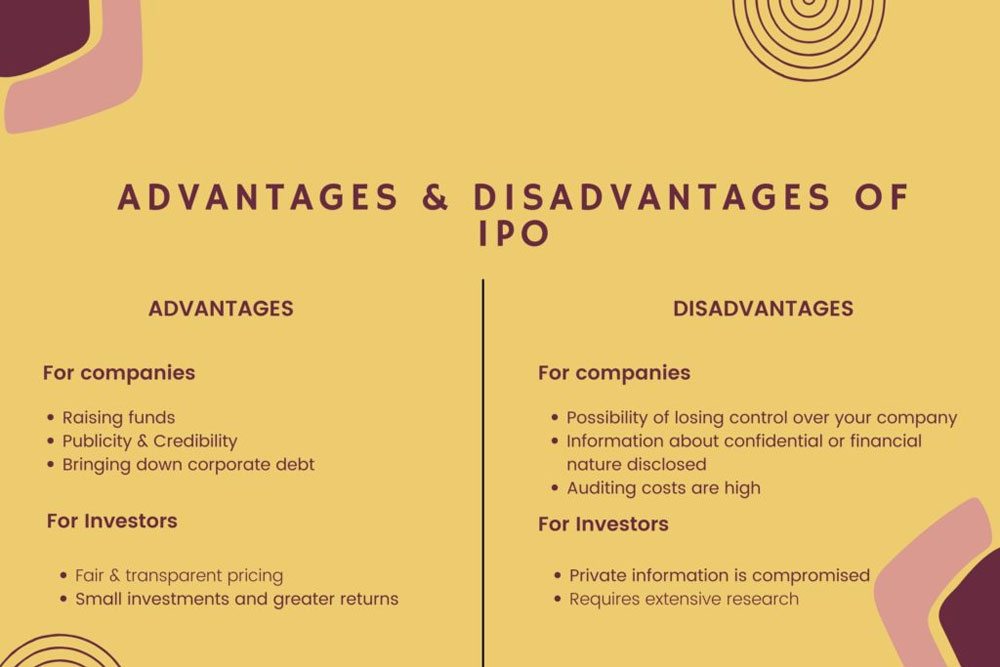An IPO can have both positive and negative effects on the existing shareholders of a company.
On the positive side, an IPO can provide existing shareholders with a way to monetize their investments and realize a return on their initial capital. The increased liquidity of the public markets can also make it easier for existing shareholders to buy and sell their shares, and can help to increase the overall value of their holdings.
In addition, an IPO can raise the profile of the company and help to attract new investors, which can increase demand for the shares and lead to a higher valuation over time.
However, there can also be negative effects for existing shareholders. In some cases, the IPO may dilute the ownership stakes of existing shareholders, as new shares are issued to the public. This can reduce the control that existing shareholders have over the company, and may also lead to a lower share price if the market perceives the dilution as negative.
Furthermore, after the IPO, the company will be subject to greater public scrutiny and regulatory oversight, which can increase the costs and complexity of running the business. Existing shareholders may also face restrictions on their ability to sell their shares, such as lock-up periods or insider trading regulations.
Overall, an IPO can have a range of effects on the existing shareholders of a company, depending on the specific circumstances of the offering and the performance of the company in the public markets.







